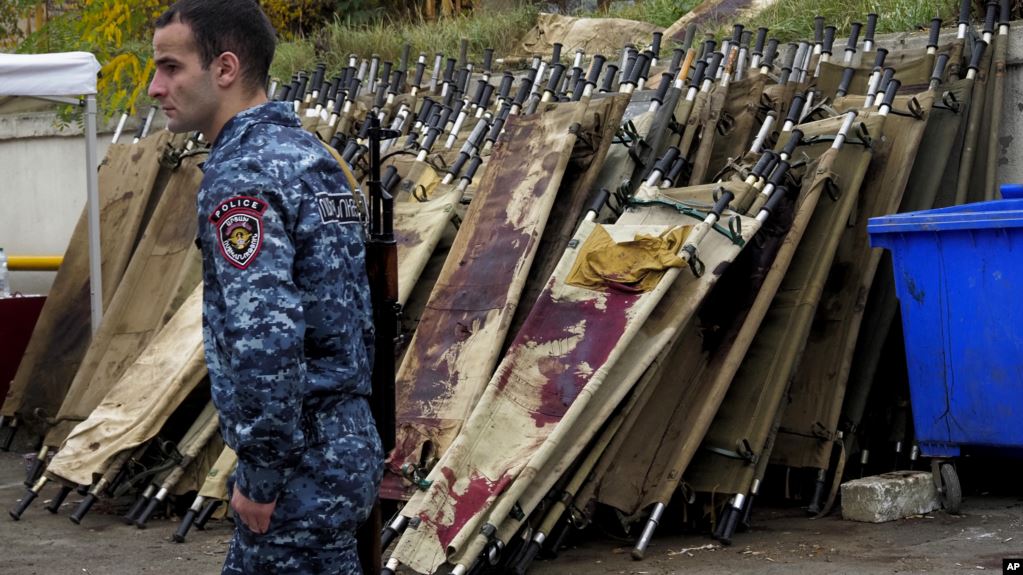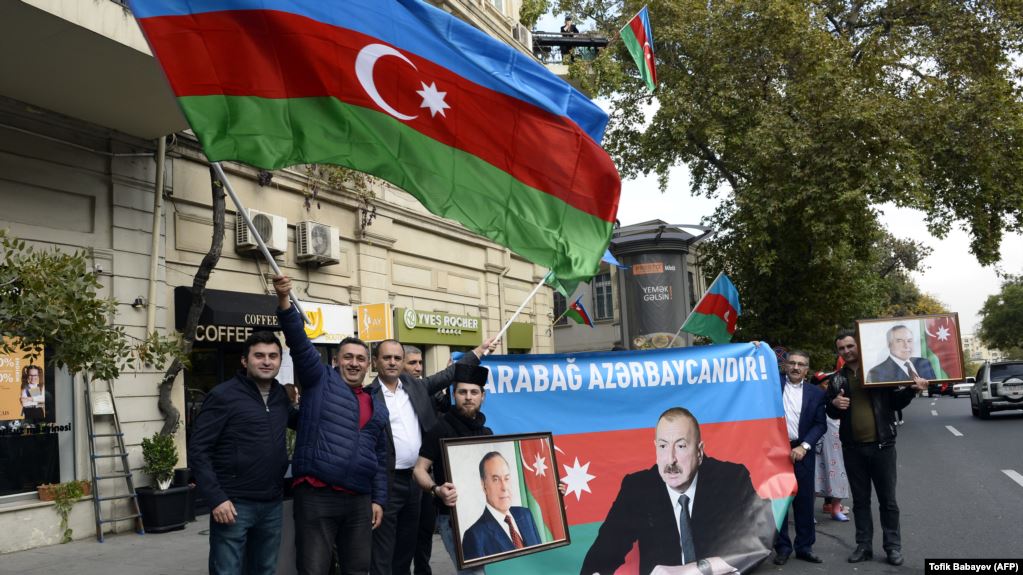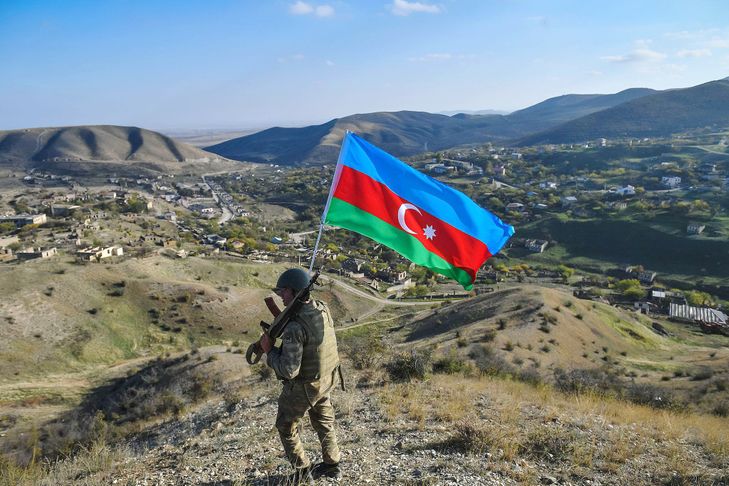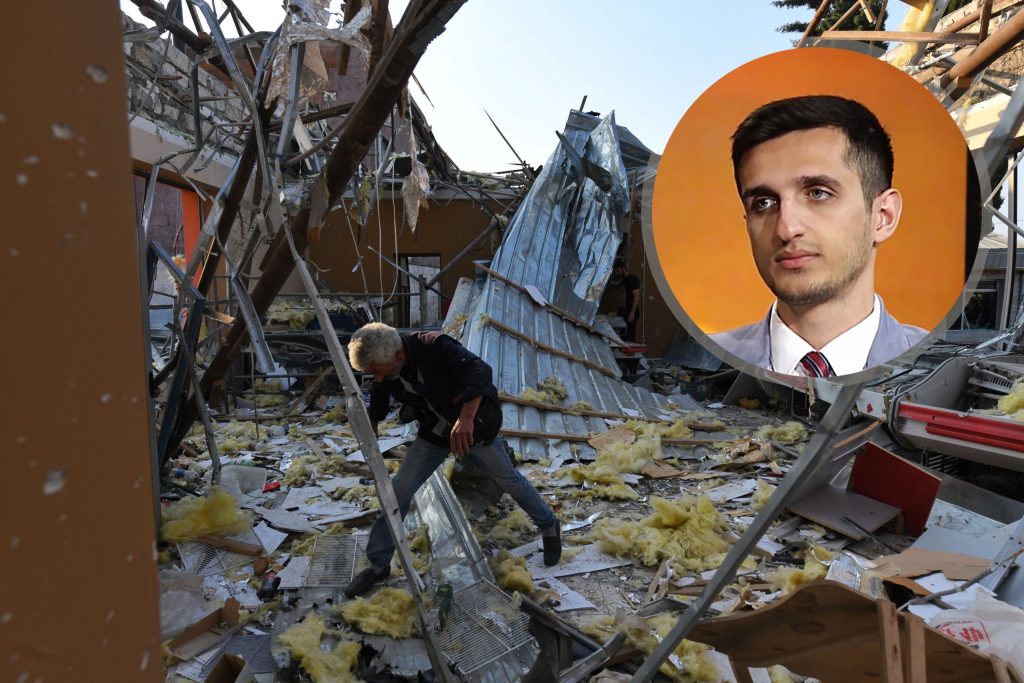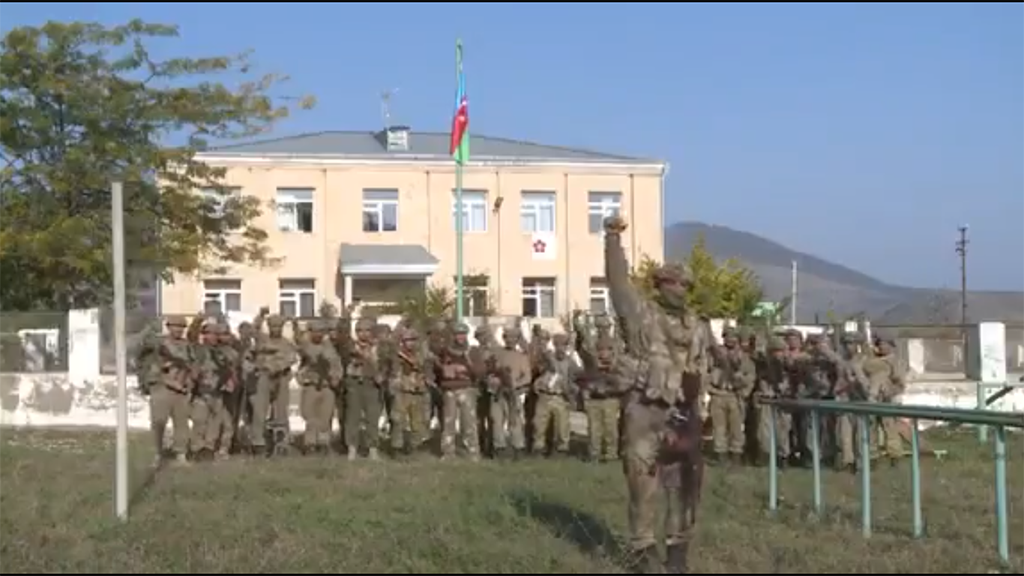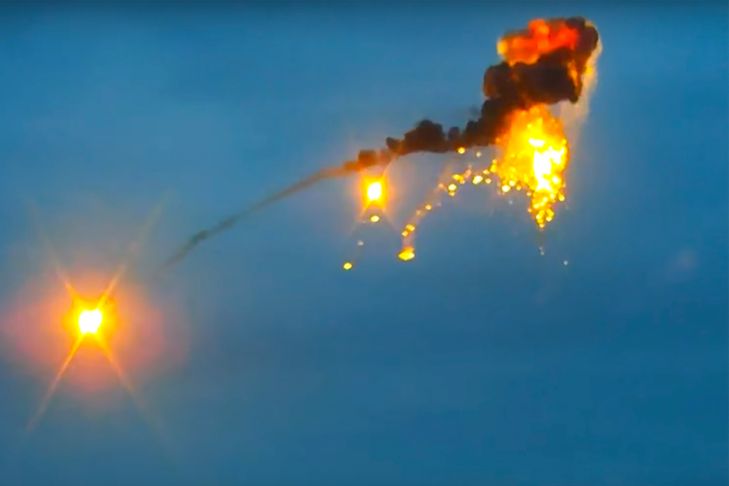
Link to original material of VOA Azerbaijan
Siyasi tədqiqatçı Fuad Şahbazov Amerikanın Səsinə müsahibəsində Rusiya-Ukrayna müharibəsinin qlobal, regional, o cümlədən Cənubi Qafqaz bölgəsinə təsirlərindən danışıb.
Amerikanın Səsi: Rusiya-Ukrayna müharibəsi artıq bir ilə yaxındır davam edir. Bu müharibə beynəlxalq münasibətlər sistemində hansı dəyişiklikərə səbəb olub?
Fuad Şahbazov: Ümumilikdə götürdükdə bu müharibə Avropada və beynəlxalq münasibətlər sistemində mövcud olan ənənəvi təhlükəsizlik anlayışının kordinal şəkildə dəyişməsinə səbəb oldu. Ənənəvi təhlükəsizlik arxitekturası kökündən dəyişir və hələ də dəyişməkdədir. Bildiyiniz kimi İkinci Dünya Müharibəsindən sonra dünyada BMT modeli mövcud idi. Artıq bu model Ukrayna müharibəsindən qabaq da sıradan çıxmış olsa da, Ukrayna müharibəsi ümumiyyətlə göstərdi ki, mövcud olan beynəlxalq təhlükəsizlik sistemi suveren ölkələrin sərhədlərinin təhlükəsizliyinə təminat verə bilmir. Bunun da kökündən dəyişməsi lazımdır. Yəni bu nə deməkdir? Bu o deməkdir ki, nisbətən kiçik ölkələr daha böyük qonşu ölkələrin, hətta daha qlobal və yaxud regional güclərin çox asanlıqla hədəfinə çevrilə bilər. Çox destruktiv müharibənin tam ortasında qala bilər. Continue reading

